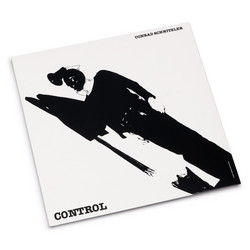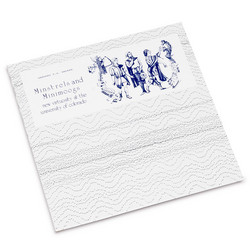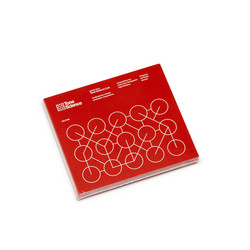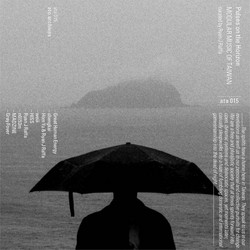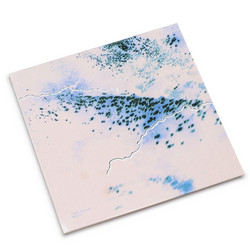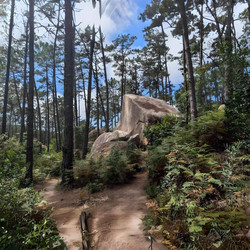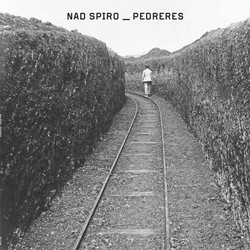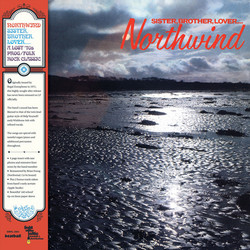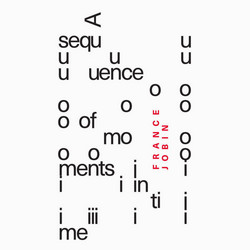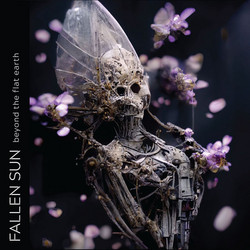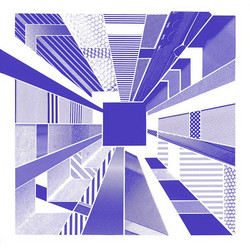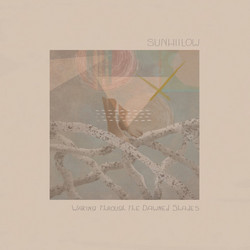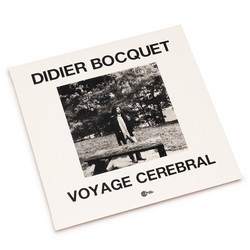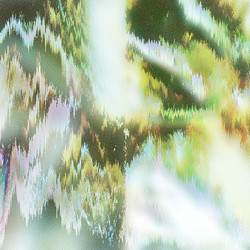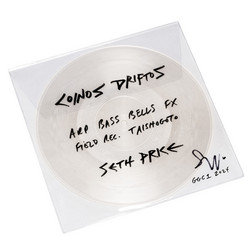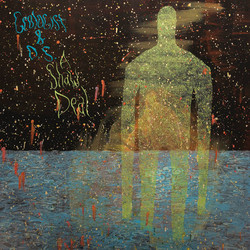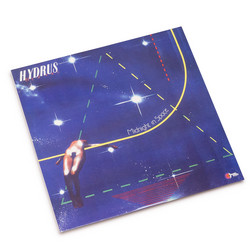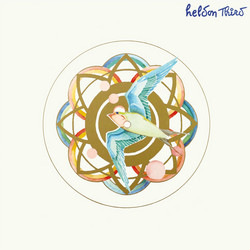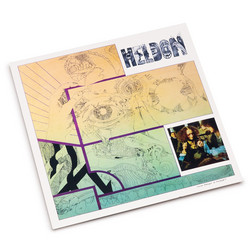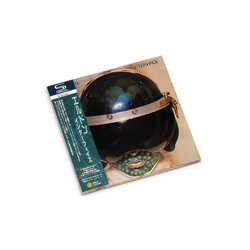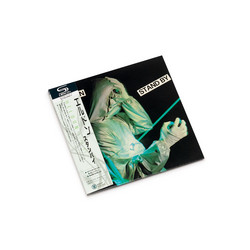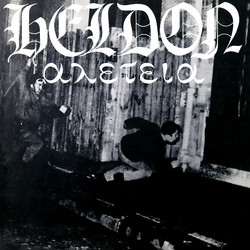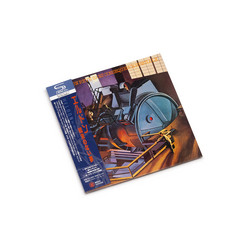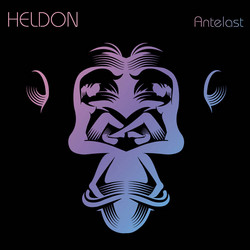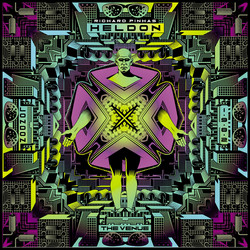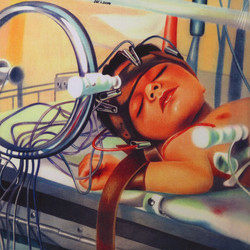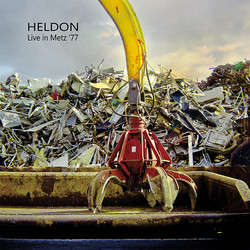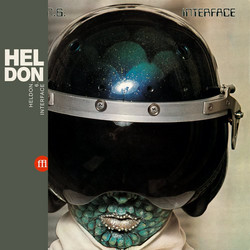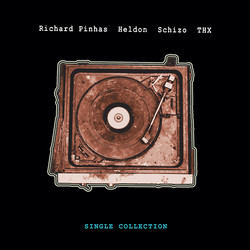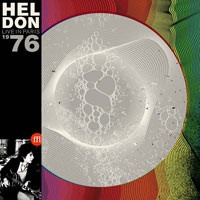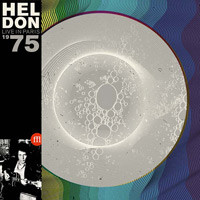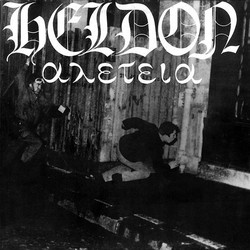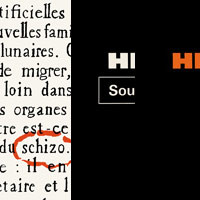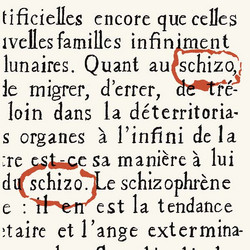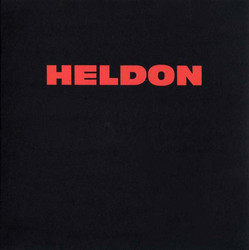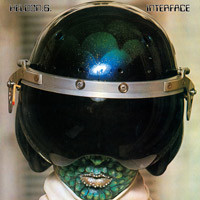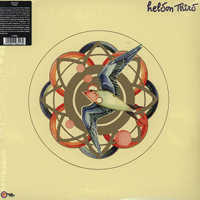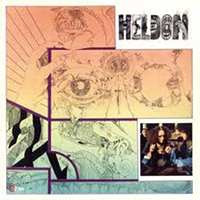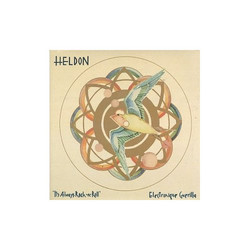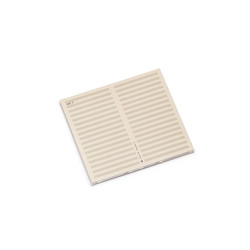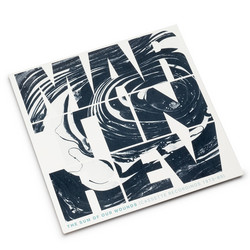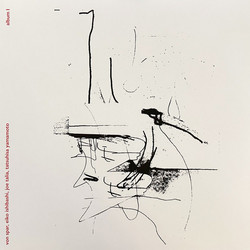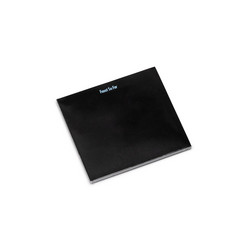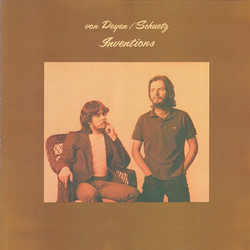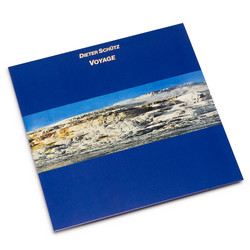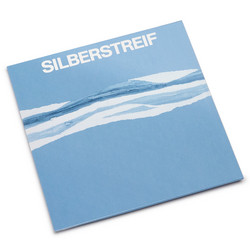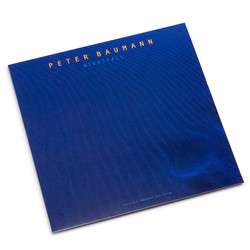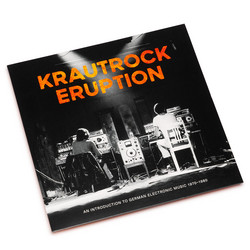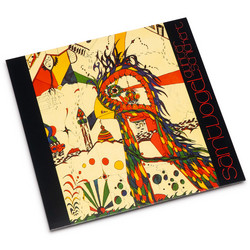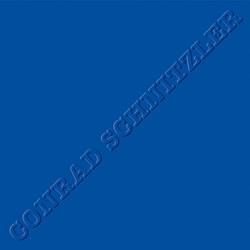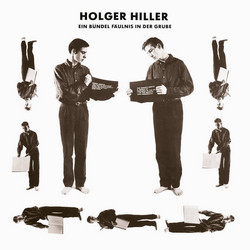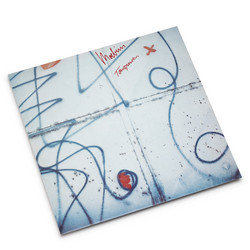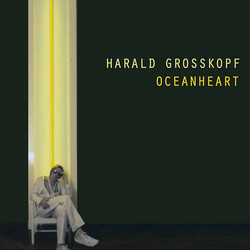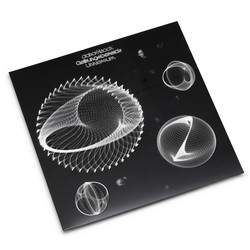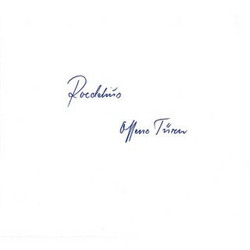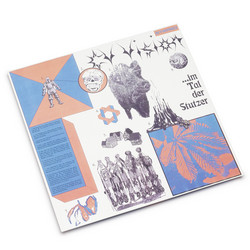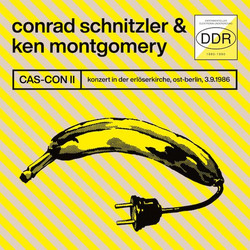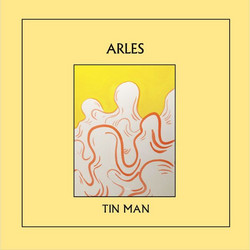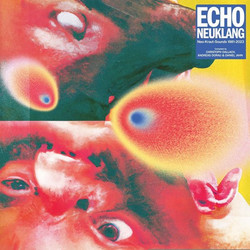Limited Anniversary Edition: hand numbered, White vinyl, 500 copies available! Released in 1975, this second full-length stands as perhaps the most uncompromising statement in the Heldon catalog - a work that refuses all concessions to accessibility while remaining utterly compelling from first pulse to final fade. Where the debut balanced Pinhas's most extreme impulses with moments of relative calm, Allez-Téia feels like an artist completely unleashing his vision without concern for consequences. This is electronic music as manifesto, as declaration of war against the comfortable assumptions of what synthesizers and sequencers could accomplish in the right hands. The album's opening salvo, "Aurore," immediately establishes the heightened stakes. What begins as a simple sequence quickly mutates into something far more complex and threatening - layers of electronics building upon each other with the inexorable logic of a machine achieving consciousness. Pinhas's guitar, when it finally enters, doesn't provide relief so much as additional ammunition in an already overwhelming sonic assault.
But calling this music "aggressive" misses its deeper achievements. Pinhas understands that true experimental music must operate on multiple levels simultaneously - intellectual, physical, and spiritual. The relentless sequences that drive Allez-Téia function as mantras as much as rhythmic foundations, creating states of consciousness that traditional rock or even conventional electronic music couldn't access. The album's centerpiece, the side-long "Mécanik Körmik," represents one of the high-water marks of 1970s electronic experimentation. Over its extended duration, Pinhas constructs a sonic environment that feels genuinely alien - not the cold, clinical alienation of academic electronic music, but something more organic and alive. The piece evolves with the patience of La Monte Young and the intensity of Neu!, creating a synthesis that few of his contemporaries could match.
What sets Pinhas apart from other electronic pioneers is his understanding of dynamics and space. Even at their most intense, these pieces breathe, allowing individual elements to emerge from and disappear into the mix with the natural flow of great improvised music. The influence of Can and Faust is evident, but Pinhas has absorbed their lessons about rhythm and texture without simply copying their approaches. The production quality deserves particular mention - this is electronic music that sounds huge without sacrificing detail or clarity. Every pulse of the sequencers, every harmonic shift, every guitar intervention occupies its own sonic space while contributing to the overall architecture. It's a level of craftsmanship that separates the visionaries from the mere technicians.
Allez-Téia also functions as a crucial document of the post-May '68 French underground, capturing the period's unique blend of intellectual sophistication and revolutionary fervor. This isn't music made for academic conferences or avant-garde salons - it's music for the barricades, for late-night gatherings where politics and aesthetics collapsed into a single urgent expression. The album's title, referencing Philip K. Dick's science fiction while maintaining clear French underground credentials, perfectly captures Pinhas's ability to synthesize seemingly disparate influences into something genuinely new. This is music that engages with both the cosmic and the political, the futuristic and the immediate. Four decades later, Allez-Téia sounds both completely of its time and utterly timeless. While electronic music has largely moved toward either club-ready functionality or ambient background textures, Pinhas's vision of electronics as a medium for genuine artistic expression remains as radical as ever.
This reissue offers the perfect opportunity to encounter one of experimental music's most overlooked masterpieces in optimal conditions. Allez-Téia stands as essential listening for anyone interested in understanding how electronic music learned to think, to feel, and to rebel.

